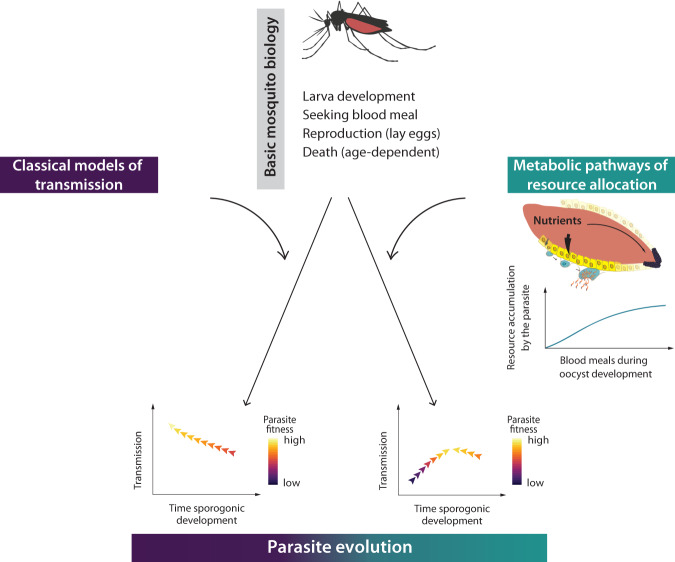Fig. 6. Evolutionary modeling predicts that mosquito metabolism shapes life-history traits of Plasmodium parasites.
By only considering basic life-history traits of mosquitoes (larval stages, biting behavior, reproduction, and death) and a simple within-vector Plasmodium development (an exponential relationship between mosquito longevity and transmission probability), classical models of malaria transmission predict that a reduction of the sporogony time (Tsp) increases parasite’s fitness and aids transmission success (left). In contrast, when mosquito metabolism (and with it the associated parasite competition for mosquito resources during multiple blood meals) is also included, our model reveals a novel evolutionary scenario in which intermediate long sporogony is optimal for transmission (right). The mosquito icon was created with BioRender.com, publication license number RU260OOX95.

